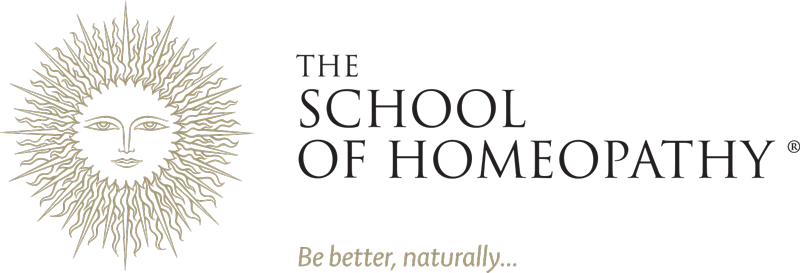Broken bones, also known as fractures, occur when a bone is cracked or broken due to an injury or trauma. It can range from a hairline fracture to a complete break and may require medical intervention, depending on the severity.
Homeopathy is a holistic system of medicine that works on the principle of “like cures like.” It uses highly diluted substances to stimulate the body’s own healing mechanisms. Homeopathic remedies can be effective in addressing anxiety by addressing the underlying causes and promoting overall wellbeing.
Here are seven commonly used homeopathic remedies for broken bones:
1. Arnica
A well-known remedy for trauma, including fractures. It helps reduce pain, swelling and bruising associated with broken bones. Arnica can be used immediately after the injury and throughout the healing process. Read more…
2. Symphytum
Also known as Comfrey, it is often recommended for bone fractures and injuries to promote bone healing. It aids in the formation of callus, which is the bridge of new bone tissue that forms during the healing process. Please ensure that the fracture is stable before using Symphytum. Read more…
3. Calcarea phosphorica
Useful for fractures that are slow to heal or when there is delayed union of the bone. It supports the mineralisation and strengthening of bones, assisting in the healing process. Read more…
4. Ruta graveolens
This is beneficial for fractures that involve the periosteum (the outer layer of bone) and surrounding tissues. It helps relieve pain, reduce swelling and promote the healing of bone and connective tissues. Read more…
5. Silicea
Recommended for fractures that are slow to heal or when there is a risk of suppuration or the formation of pus. It supports the body’s natural healing processes and can aid in the removal of foreign bodies or fragments that may impede healing. Read more…
6. Calcarea carbonica
A remedy indicated for fractures that occur due to minor trauma or weakness in the bones. It can help improve the bone density and strength, making it useful for recurrent fractures or fractures in individuals with weakened bones. Read more…
7. Phosphorus
Recommended for fractures that are prone to delayed healing, especially when there is a risk of osteoporosis or brittle bones. It supports the body’s natural mineralisation process and can aid in bone healing. Read more…
Natural ways to help broken bones heal:
1. Immobilisation: Follow the advice of a healthcare professional and ensure the affected limb or bone is immobilised properly. This may involve using splints, casts or braces to stabilise the fracture and promote healing.
2. Rest and elevation: Resting the affected limb and elevating it above heart level can help reduce swelling and support the healing process.
3. Balanced diet: Consume a nutritious diet rich in vitamins, minerals and protein to provide the necessary building blocks for bone healing. Include foods like leafy greens, dairy products, lean meats and legumes in your diet.
4. Hydration: Stay adequately hydrated to support overall healing and tissue repair.
5. Physical therapy: After the initial healing stage engaging in physical therapy exercises can help restore strength, flexibility and range of motion in the affected area.
6. Gentle movements and exercises: As advised by a healthcare professional, perform gentle movements and exercises to prevent muscle atrophy and improve circulation around the fracture site.
7. Avoid smoking and excessive alcohol consumption: Smoking and excessive alcohol consumption can hinder the healing process. It’s advisable to avoid or limit these habits during the recovery period.
Always consult a qualified homeopathic practitioner for a proper evaluation and an individualised treatment plan. Additionally, work closely with a healthcare professional to ensure appropriate medical care and monitoring of the fracture.


